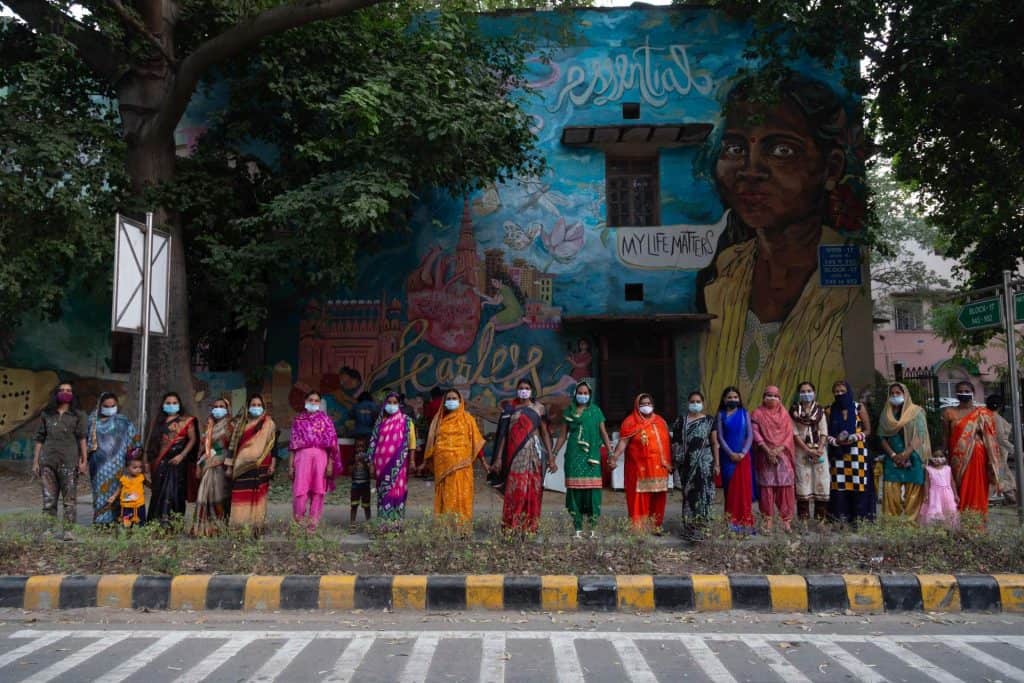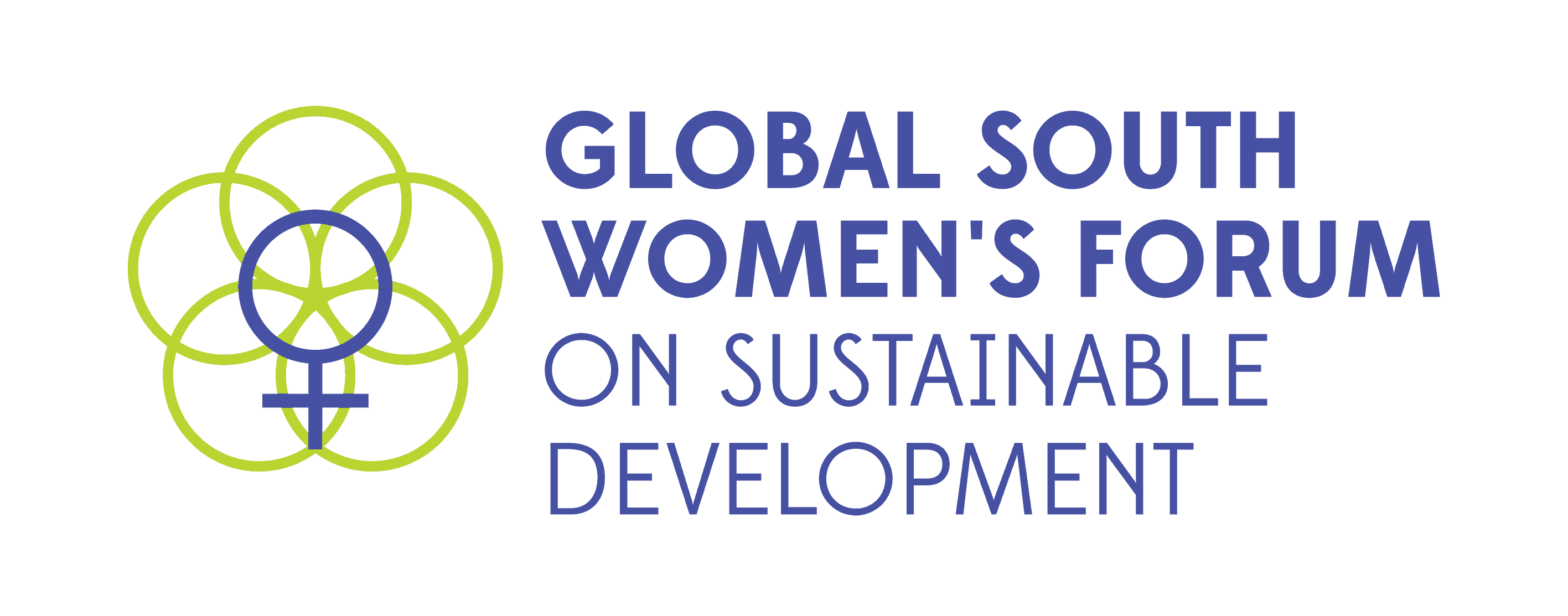Reflections from our work with Muslim and Dalit wastepickers in Delhi
- Day 1: Dec 14 (UTC+8) 1:30 pm-3:00 pm
Fearless Collective
In this session, Fearless Collective shared their work in Delhi, reflecting on the conversations they had with a community of Muslim and Dalit wastepickers – what is considered essential to them? How do they see their lives and their work in the context of the city and the pandemic?
Speakers:
Shilo Shiv Suleman
Gayatri Ganju


Fearless Collective is a South Asia-based public arts project that creates space to move from fear to love using participative public art. Essential is a collaborative public art project led by Fearless Collective and community-based partners, which explores how we treat land, life, and labour in the social context of a pandemic where ‘essential’ workers are treated as ‘disposable’ lives.
Through an immersive storytelling process which weaves together emotional and ecological realities and imaginations, we worked with wastepickers in Delhi to create a public monument and digital content to change narratives around labour and the waste industry.
In this session, we shared our work in Delhi, reflecting on the conversations we had with a community of Muslim and Dalit wastepickers – what is considered essential to them? How do they see their lives and their work in the context of the city and the pandemic? Using both photography and videography from the workshop and mural site, we will guide a conversation on the circular economy of waste, and think through broader questions around intersectional realities of those who tend to this waste: what are labour protections for women in such informal sectors? how do intersecting identities (caste, religion, gender, class) impact livelihoods and lived realities? how do we regulate our local economy to share and sustain resources, and live within our means?
The stories we tell ourselves and each other shape our perceptions and behaviours, which then inform our societal systems. As the world comes out of lockdown, we have an opportunity to shape the ‘new’ normal through creative interventions. As those in positions of power are debating what (and who) is considered an essential service (provider), we must influence those discussions and decisions with alternative narratives on who and what is considered essential, why, and by whom.

